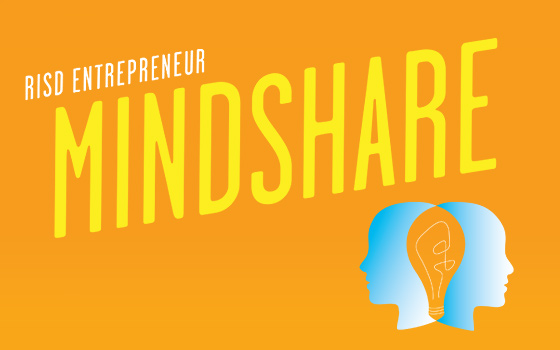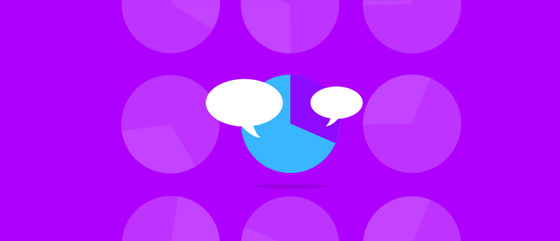The New York Times magazine featured an articled titled Brave New World of Digital Intimacy this weekend, which is worth a read.
The following paragraph (see below) echoed an idea I blogged about in February (in Its All About Skimming), which is that good skimming means that you can quickly scan an article and determine if its content is relevant to you, then either decide to read it more closely or file it away for future reference, and maybe even share it with a friend who will find it interesting while youre at it. In Clive Thompsons article, he recounts a conversation with Shannon Seery, a recruiting consultant from Florida, who he connected with via Twitter:
I asked Seery how she finds the time to follow so many people online. The math seemed daunting. After all, if her 1,000 online contacts each post just a couple of notes each a day, that’s several thousand little social pings to sift through daily. What would it be like to get thousands of e-mail messages a day? But Seery made a point I heard from many others: awareness tools aren’t as cognitively demanding as an e-mail message. E-mail is something you have to stop to open and assess. It’s personal; someone is asking for 100 percent of your attention. In contrast, ambient updates are all visible on one single page in a big row, and they’re not really directed at you. This makes them skimmable, like newspaper headlines; maybe you’ll read them all, maybe you’ll skip some. Seery estimated that she needs to spend only a small part of each hour actively reading her Twitter stream.
I like that term he used, awareness tools. This is a much more concise way of putting what I was trying to get at when I referenced Pierre Bayards book, How to Talk About Books You Havent Read. Bayard basically argues that academics cannot possibly fully read and digest every published work relevant to their field, however they do need to be aware of this material and able to understand its contribution to the overall zeitgeist.
I also found this next bit interesting. Thompson mentions Laura Fitton, a social media consultant, and how she uses Twitter for more professionally pragmatic reasons:
Yet she has, she said, become far more gregarious online. “What’s really funny is that before this ‘social media’ stuff, I always said that I’m not the type of person who had a ton of friends,” she told me. “It’s so hard to make plans and have an active social life, having the type of job I have where I travel all the time and have two small kids. But it’s easy to tweet all the time, to post pictures of what I’m doing, to keep social relations up.” She paused for a second, before continuing: Things like Twitter have actually given me a much bigger social circle. I know more about more people than ever before.
This rapid growth of weak ties can be a very good thing. Sociologists have long found that “weak ties” greatly expand your ability to solve problems. For example, if you’re looking for a job and ask your friends, they won’t be much help; they’re too similar to you, and thus probably won’t have any leads that you don’t already have yourself. Remote acquaintances will be much more useful, because they’re farther afield, yet still socially intimate enough to want to help you out. Many avid Twitter users — the ones who fire off witty posts hourly and wind up with thousands of intrigued followers — explicitly milk this dynamic for all it’s worth, using their large online followings as a way to quickly answer almost any question. Laura Fitton, a social-media consultant who has become a minor celebrity on Twitter — she has more than 5,300 followers — recently discovered to her horror that her accountant had made an error in filing last year’s taxes. She went to Twitter, wrote a tiny note explaining her problem, and within 10 minutes her online audience had provided leads to lawyers and better accountants. Fritton joked to me that she no longer buys anything worth more than $50 without quickly checking it with her Twitter network.
Finally, the article also touches on how participation in social media has altered how individuals separate their private and public lives. Mark, Dave and I were recently discussing this at the Newfangled breakfast table, wondering if such a delineation was even possible anymore. I thought of this recently when a friend posted several photographs of me on Facebook and tagged me in them so that our combined networks could now find them if they so desired. I wasnt thrilled by this, because I would certainly not have ever uploaded these photos on my own. Its not that there was anything particularly bad going on- they were taken among friends at a restaurant- its just that they were bad photos. So, maybe this is an issue of my own vanity. In any case, Thompson quotes a story almost exactly the same and goes on with this, which suggests that our inability to control our public versus private identities might be a good thing, preventing duplicity and keeping us all honest:
“If anything, it’s identity-constraining now,” Tufekci told me. “You can’t play with your identity if your audience is always checking up on you. I had a student who posted that she was downloading some Pearl Jam, and someone wrote on her wall, ‘Oh, right, ha-ha — I know you, and you’re not into that.’ ” She laughed. “You know that old cartoon? ‘On the Internet, nobody knows you’re a dog’? On the Internet today, everybody knows you’re a dog! If you don’t want people to know you’re a dog, you’d better stay away from a keyboard.”
Or, as Leisa Reichelt, a consultant in London who writes regularly about ambient tools, put it to me: “Can you imagine a Facebook for children in kindergarten, and they never lose touch with those kids for the rest of their lives? What’s that going to do to them?” Young people today are already developing an attitude toward their privacy that is simultaneously vigilant and laissez-faire. They curate their online personas as carefully as possible, knowing that everyone is watching — but they have also learned to shrug and accept the limits of what they can control.

